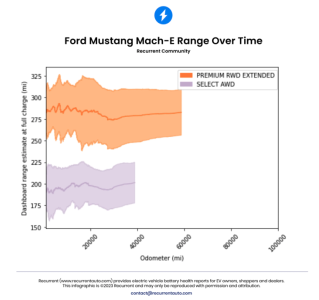But not really.
At least in the US the state of DCFC is often painted so poorly when in reality it is actually ok. Outside of the US we are told that Europe is leaps and bounds ahead of the US in charging infrastructure. Perhaps because Tesla was forced to use the same charging standard as all other EV automakers.
That common plug across EV automakers is coming to the US this year. A different plug than Europe but a common plug across almost all EV automakers.
Most EV have built in route planning. In theory you could hop in an EV, enter your destination in the routing app, and go on your merry way.
In reality that only works for Tesla but soon will be the case for virtually all EV.
Why?
Because Tesla built a robust and reliable charging network.
The non Tesla CCS DCFC stations do not have a reputation for reliability. As a result instead of just using the built in route planning I have to use other apps to lookup user experiences at the planned DCFC stops. If the other networks were known to be reliable I would not need the extra step.
Soon, in the next couple months, the Tesla Supercharger network will be open to the majority of EV automakers through an adapter. The competition for charging will force the other charging network operators to match the reliability of Tesla Superchargers.
It will be a win win for all EV.
Tesla owners can already use either the Tesla Superchargers or CCS DCFC with an adapter. In a couple months I will be able to use CCS DCFC or a Tesla Supercharger with an adapter.
Charging infrastructure will only get getter.
